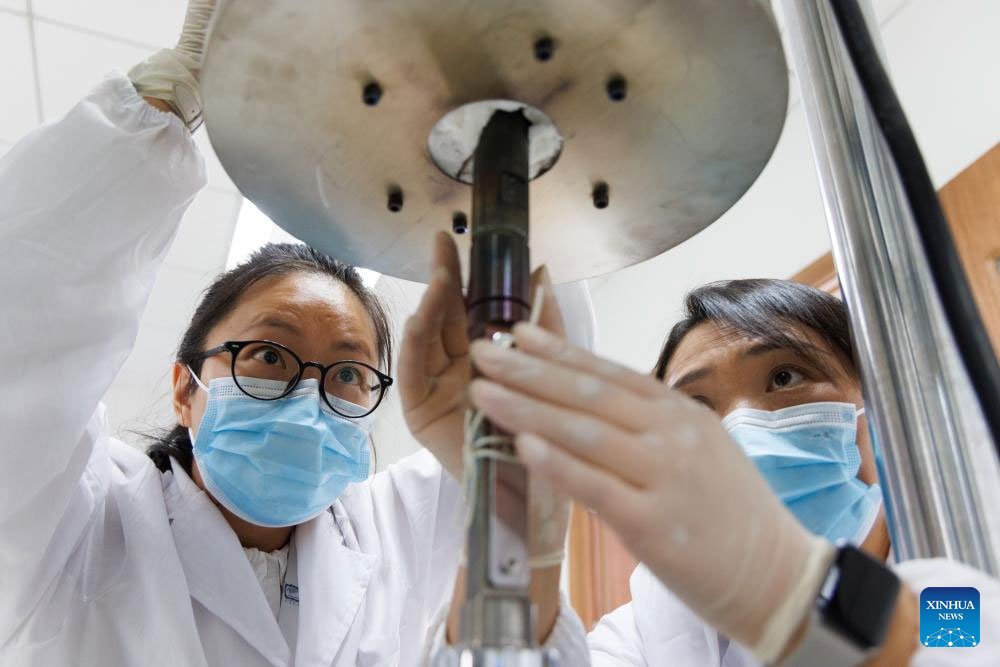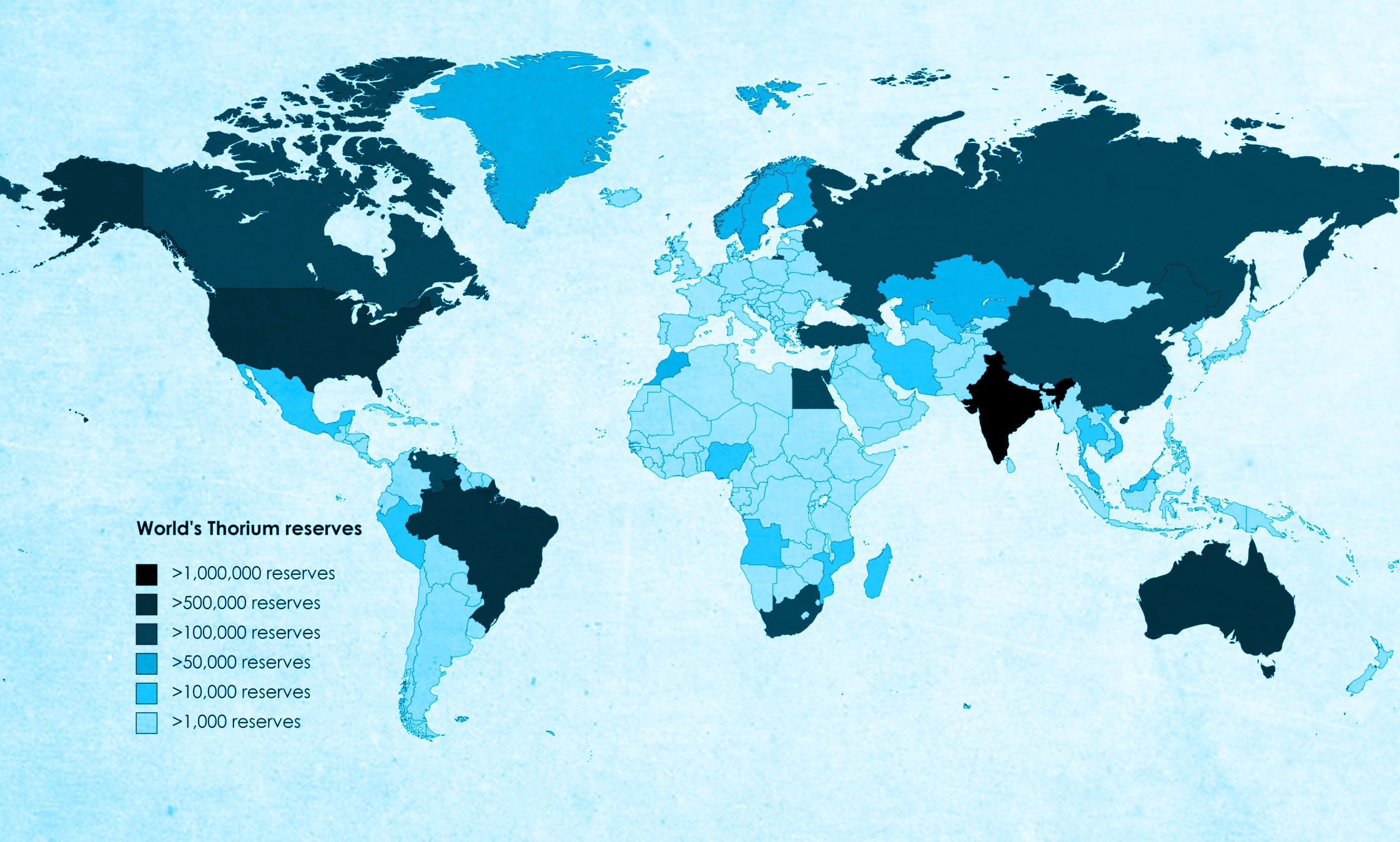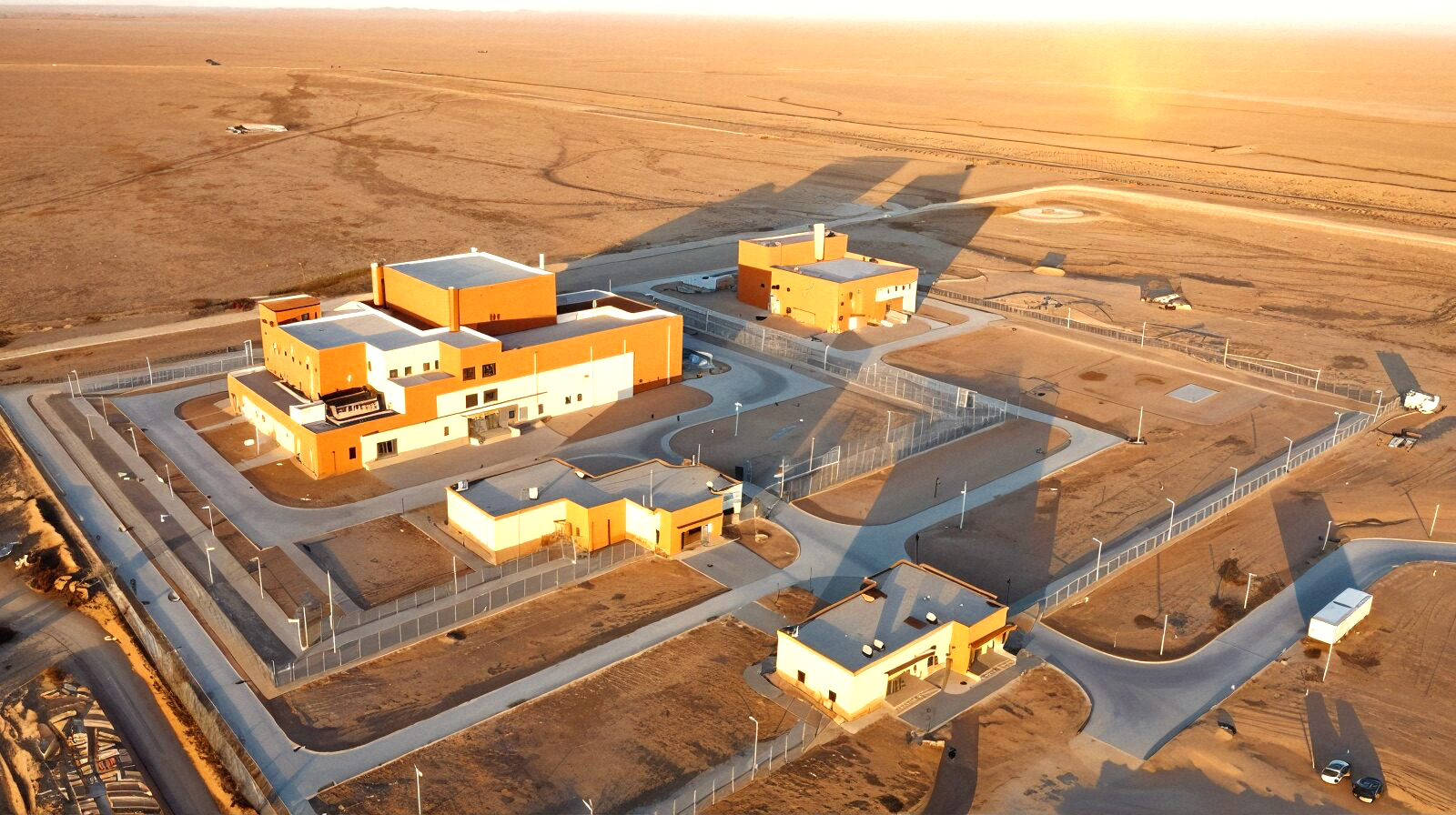In their latest podcast Physics Central looked at the benefits of LFTR (Liquid fluoride thorium reactor). Listen below.
In this podcast Arjun Makhijani, the author of Carbon-Free and Nuclear-Free is again arguing against LFTRs although with much less fervour than he did in the npr interview.
Here's a quick rundown of the main pros and cons according to the podcast:
PRO: Thorium reactors can produce plentiful, cheap power.
CON: Nuclear power industries have been promising that for decades, but the costs have yet to drop dramatically.
PRO: Thorium is plentiful. It's about as common as lead in the Earth's crust, making for cheaper fuel than traditional uranium reactors.
CON: The scarcity of uranium only makes up a tiny fraction, only about two percent, of the cost of electricity.
PRO: Energy from by thorium reactors wouldn't produce carbon dioxide and other greenhouse gases.
CON: It would still create highly radioactive waste that would have to be processed and stored for hundreds or thousands of years.
PRO: Liquid thorium fuel is meltdown proof. If there's a total loss of power at a reactor, it can flow naturally into a holding tank and cool off naturally without needing any electricity.
CON: All new power plants are being designed with some kind of "passive cooling" system already built in.
PRO: The thorium fuel cycle is resistant to nuclear weapon proliferation. The fission products are so radioactive, that handling any uranium created would be lethal.
CON: It's not immune. Thorium needs uranium or plutonium to fission, and when its bombarded with neutrons, it turns into uranium-233, a material that has been used to make bombs.
PRO: The waste produced by thorium reactors is a small fraction of the waste produced by traditional nuclear power plants. Dangerous radioactive elements can be removed from the liquid with processing, condensing the dangerous materials into a tiny volume.
CON: There's a lot of debate as to how much radioactive material can actually be processed out and how small that volume can reasonably expected to get. In addition, the condensed waste would still be highly radioactive, and the fluoride used in the molten salt has a tendency to interact with air over long periods of time, meaning that it has to be continually reprocessed while stored.







